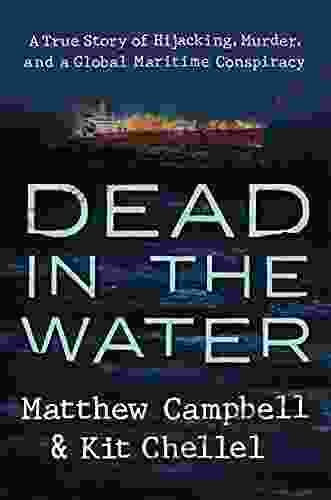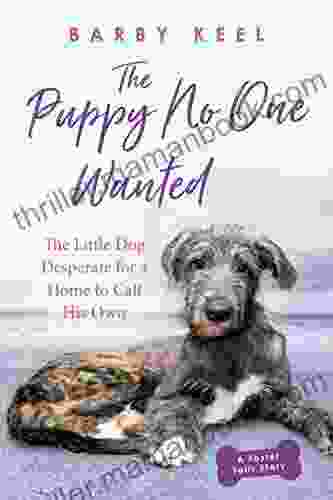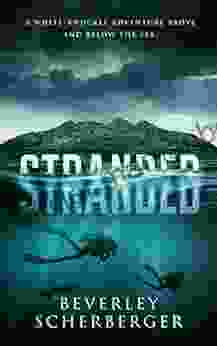Dead in the Water: Exploring the Devastating Impacts of Plastic Pollution on Marine Life

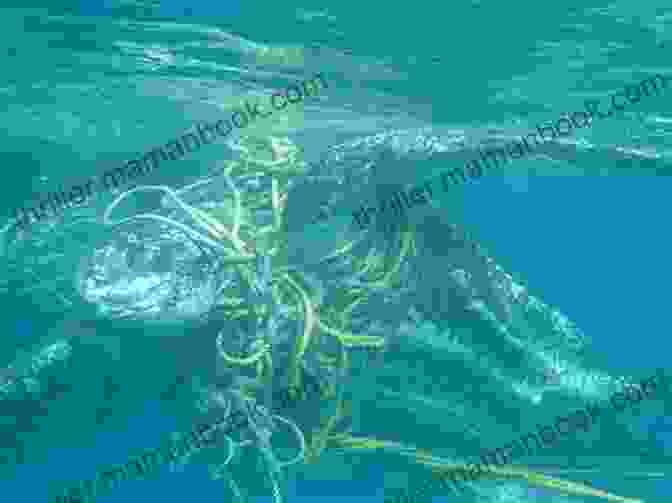
The vast expanse of the world's oceans serves as a vital habitat for an astounding array of marine life, supporting intricate food webs and ecological processes essential for the planet's well-being. However, the insidious threat of plastic pollution lurks within these aquatic realms, posing a grave danger to the health and survival of countless species. In this comprehensive article, we delve into the devastating impacts of plastic pollution on marine life, exploring its widespread presence, harmful effects, and the urgent need for collective action.
4.6 out of 5
| Language | : | English |
| File size | : | 29494 KB |
| Text-to-Speech | : | Enabled |
| Screen Reader | : | Supported |
| Enhanced typesetting | : | Enabled |
| X-Ray | : | Enabled |
| Word Wise | : | Enabled |
| Print length | : | 281 pages |
Ubiquitous Presence and Magnitude
Plastic pollution has become an omnipresent scourge in our oceans, permeating every corner of the globe. From remote islands to the deepest abysses, plastic fragments, bags, bottles, and utensils litter marine environments in alarming quantities. According to estimates, over 11 million tons of plastic enter the oceans annually, accumulating in staggering amounts.
Microplastics, tiny fragments of plastic less than 5 millimeters in size, are particularly pervasive. These fragments originate from larger plastic items that break down over time or are intentionally manufactured for industrial purposes. Microplastics are ubiquitous in marine ecosystems and can be ingested by a wide range of organisms, from zooplankton to whales.
Harmful Effects on Marine Life
The presence of plastic pollution in our oceans has far-reaching consequences for marine life. Plastic debris poses physical hazards, entangling and injuring animals, while toxic chemicals leaching from plastic can poison and disrupt their biological functions.
Entanglement:
Plastic debris can entangle marine animals, restricting their movement and causing severe injuries or death. Sea turtles, marine mammals, and seabirds are particularly vulnerable to entanglement. For example, sea turtles can become ensnared in plastic bags, mistaking them for jellyfish, which can constrict their necks or fins and lead to drowning.
Ingestion:
Plastic can be mistaken for food by marine animals, leading to ingestion. Microplastics are especially concerning as they can be easily consumed by small organisms and accumulate in their tissues. Ingested plastic can block digestive tracts, causing starvation or nutrient malabsorption. It can also release harmful chemicals into the animal's body, disrupting hormonal balance and impairing reproductive success.
Toxicity:
Plastic contains a range of chemicals, including phthalates, Bisphenol A (BPA),and polychlorinated biphenyls (PCBs),which can leach into the marine environment. These chemicals have been linked to a variety of health problems in marine organisms, including reduced fertility, developmental abnormalities, and immune system suppression.
Impacts on Marine Food Webs and Ecosystems
Plastic pollution not only affects individual marine animals but also disrupts entire marine food webs and ecosystems. Microplastics can accumulate in the tissues of prey species, transferring toxins up the food chain to predators. This can disrupt predator-prey relationships and alter the structure and function of marine communities.
Furthermore, plastic pollution can disrupt ecosystem processes. For example, plastic debris can entangle marine plants, reducing sunlight penetration and affecting the health of underwater meadows and kelp forests. These habitats provide food and shelter for a wide range of marine species, and their disruption can have cascading effects on the entire ecosystem.
The Urgent Need for Collective Action
The devastating impacts of plastic pollution on marine life necessitate urgent and collective action. A comprehensive approach is required, involving governments, industries, and individuals, to mitigate this pressing environmental crisis.
Government Regulations:
Governments must implement and enforce strict regulations to reduce plastic pollution at the source. This includes measures such as banning single-use plastics, promoting reusable alternatives, and investing in recycling and waste management infrastructure.
Industry Responsibility:
Industries must redesign and innovate products and packaging to minimize plastic waste. They must also invest in sustainable production processes and recycling initiatives to reduce the environmental footprint of plastic production.
Individual Awareness and Action:
Individuals play a critical role in combating plastic pollution. By reducing their plastic consumption, choosing reusable products, and properly disposing of plastic waste, they can make a significant difference. Education and awareness campaigns are essential to empower individuals with the knowledge and motivation to take action.
Plastic pollution poses a dire threat to marine life, with far-reaching consequences for marine ecosystems and human societies alike. The widespread presence, harmful effects, and adverse impacts of plastic pollution on marine food webs and ecosystems demand urgent and collective action. Governments, industries, and individuals must work together to implement comprehensive solutions and mitigate the devastating consequences of plastic pollution on our oceans and the creatures that inhabit them. By embracing sustainable practices and reducing our reliance on plastic, we can protect the health of our oceans and ensure a thriving future for both marine life and humanity.
4.6 out of 5
| Language | : | English |
| File size | : | 29494 KB |
| Text-to-Speech | : | Enabled |
| Screen Reader | : | Supported |
| Enhanced typesetting | : | Enabled |
| X-Ray | : | Enabled |
| Word Wise | : | Enabled |
| Print length | : | 281 pages |
Do you want to contribute by writing guest posts on this blog?
Please contact us and send us a resume of previous articles that you have written.
 Top Book
Top Book Novel
Novel Fiction
Fiction Nonfiction
Nonfiction Literature
Literature Paperback
Paperback Hardcover
Hardcover E-book
E-book Audiobook
Audiobook Bestseller
Bestseller Classic
Classic Mystery
Mystery Thriller
Thriller Romance
Romance Fantasy
Fantasy Science Fiction
Science Fiction Biography
Biography Memoir
Memoir Autobiography
Autobiography Poetry
Poetry Drama
Drama Historical Fiction
Historical Fiction Self-help
Self-help Young Adult
Young Adult Childrens Books
Childrens Books Graphic Novel
Graphic Novel Anthology
Anthology Series
Series Encyclopedia
Encyclopedia Reference
Reference Guidebook
Guidebook Textbook
Textbook Workbook
Workbook Journal
Journal Diary
Diary Manuscript
Manuscript Folio
Folio Pulp Fiction
Pulp Fiction Short Stories
Short Stories Fairy Tales
Fairy Tales Fables
Fables Mythology
Mythology Philosophy
Philosophy Religion
Religion Spirituality
Spirituality Essays
Essays Critique
Critique Commentary
Commentary Glossary
Glossary Bibliography
Bibliography Index
Index Table of Contents
Table of Contents Preface
Preface Introduction
Introduction Foreword
Foreword Afterword
Afterword Appendices
Appendices Annotations
Annotations Footnotes
Footnotes Epilogue
Epilogue Prologue
Prologue John Hawkins
John Hawkins Jamal Abukou
Jamal Abukou Barby Keel
Barby Keel Webster Young
Webster Young David Isaac Yoder
David Isaac Yoder Jayaprakash Satyamurthy
Jayaprakash Satyamurthy Joey Carney
Joey Carney Gregory J Cizek
Gregory J Cizek Koraly Dimitriadis
Koraly Dimitriadis Charlotte Bingham
Charlotte Bingham Max Tegmark
Max Tegmark R Stephen Smith
R Stephen Smith David Taransaud
David Taransaud Joshuasaurus 319
Joshuasaurus 319 Anne O Brien
Anne O Brien Steven Torriano Berry
Steven Torriano Berry George Berkowski
George Berkowski Cheryl Day
Cheryl Day Joseph Roth
Joseph Roth Markus Ray
Markus Ray
Light bulbAdvertise smarter! Our strategic ad space ensures maximum exposure. Reserve your spot today!

 Vladimir NabokovMusic From The Motion Picture Soundtrack: A Symphony of Emotion and Narrative
Vladimir NabokovMusic From The Motion Picture Soundtrack: A Symphony of Emotion and Narrative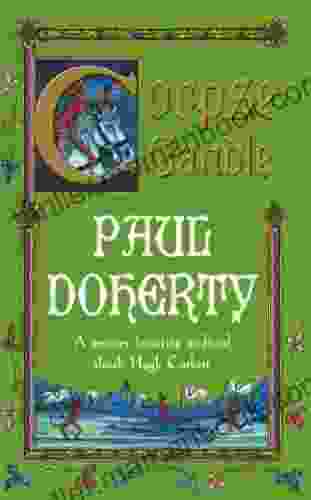
 Ronald SimmonsUnveiling the Secrets of Corpse Candle: A Deeper Dive into Hugh Corbett's...
Ronald SimmonsUnveiling the Secrets of Corpse Candle: A Deeper Dive into Hugh Corbett's... Jeremy MitchellFollow ·12.9k
Jeremy MitchellFollow ·12.9k Braden WardFollow ·7.8k
Braden WardFollow ·7.8k Quincy WardFollow ·4.5k
Quincy WardFollow ·4.5k Billy PetersonFollow ·14.4k
Billy PetersonFollow ·14.4k Steven HayesFollow ·5.7k
Steven HayesFollow ·5.7k David PetersonFollow ·2.8k
David PetersonFollow ·2.8k Charles DickensFollow ·2.3k
Charles DickensFollow ·2.3k Floyd PowellFollow ·9k
Floyd PowellFollow ·9k

 Caleb Carter
Caleb CarterThe Complete Beagle Dog Beginners Guide: Beagle Facts,...
Beagles are...

 Gage Hayes
Gage HayesThe Origins and Evolution of No Child Left Behind:...
The No Child Left Behind...

 George Martin
George MartinThe Love Pirates: A Swashbuckling Tale of Love,...
The Love Pirates is a thrilling...
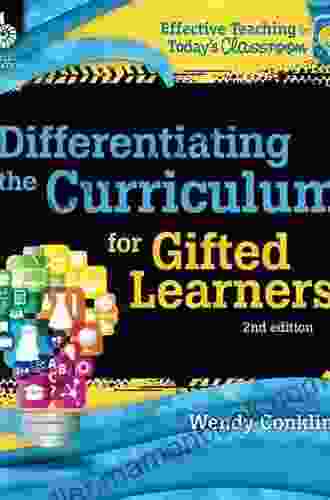
 Nathaniel Hawthorne
Nathaniel HawthorneDifferentiating the Curriculum for Gifted Learners:...
Gifted learners are...
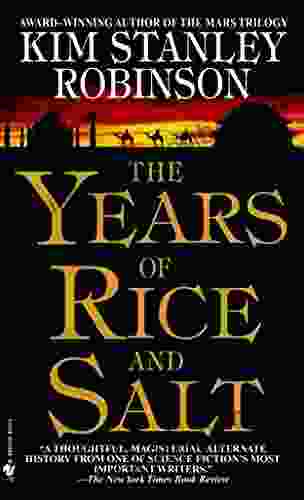
 Carlos Fuentes
Carlos FuentesThe Years of Rice and Salt: A Journey Through a Forgotten...
The Years of Rice and Salt is...
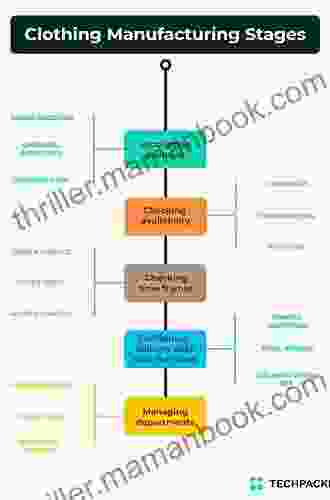
 Herbert Cox
Herbert CoxThe Intricate Design of Clothing Manufacturing Processes:...
The clothing industry is a vast and...
4.6 out of 5
| Language | : | English |
| File size | : | 29494 KB |
| Text-to-Speech | : | Enabled |
| Screen Reader | : | Supported |
| Enhanced typesetting | : | Enabled |
| X-Ray | : | Enabled |
| Word Wise | : | Enabled |
| Print length | : | 281 pages |


